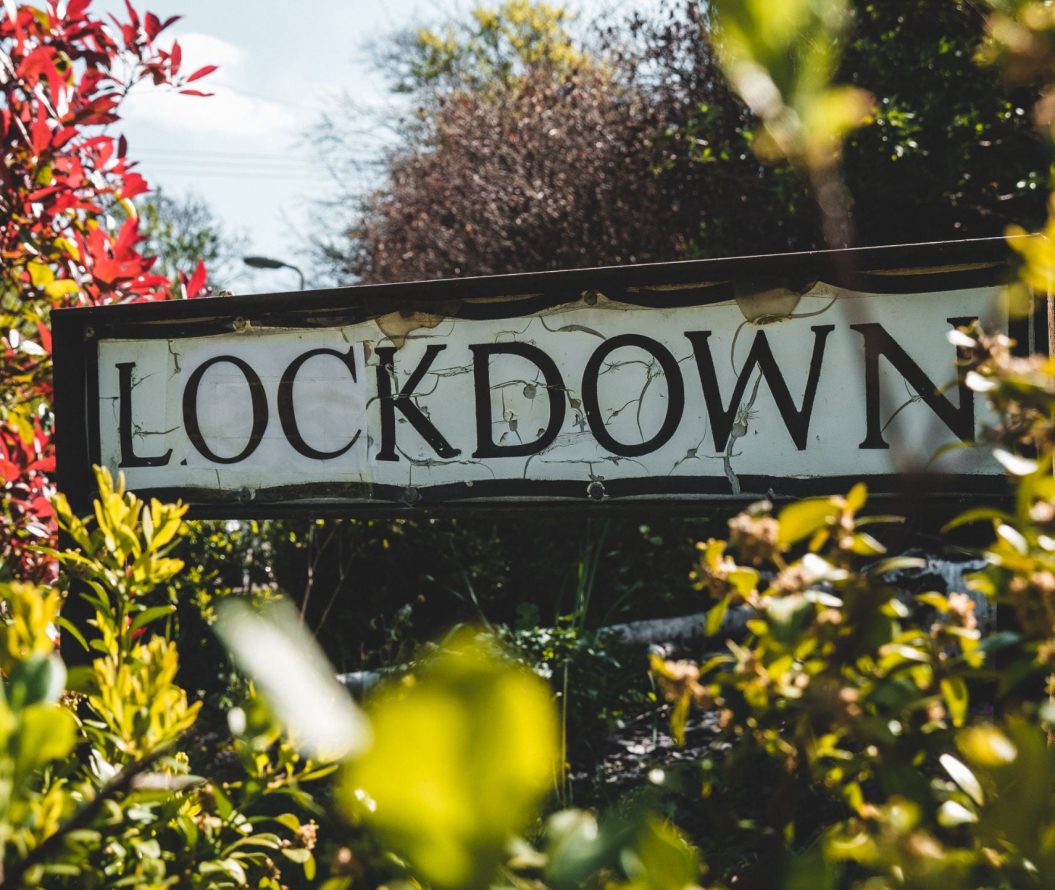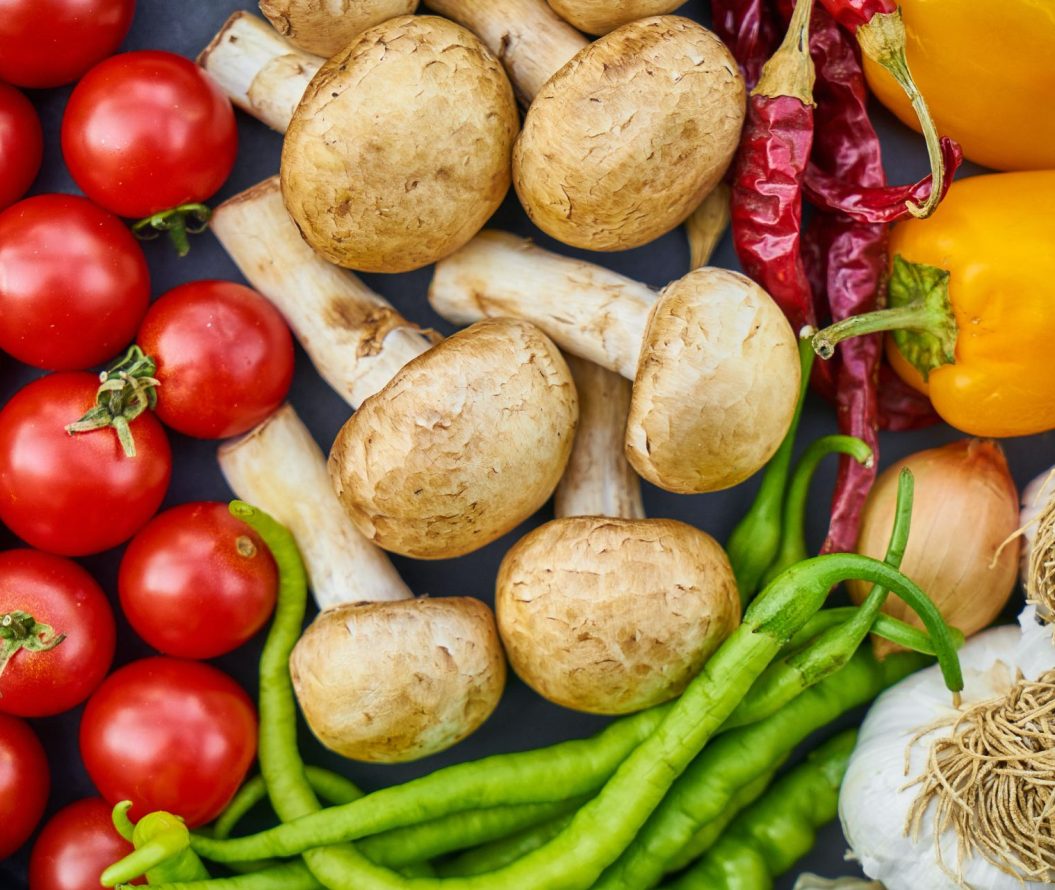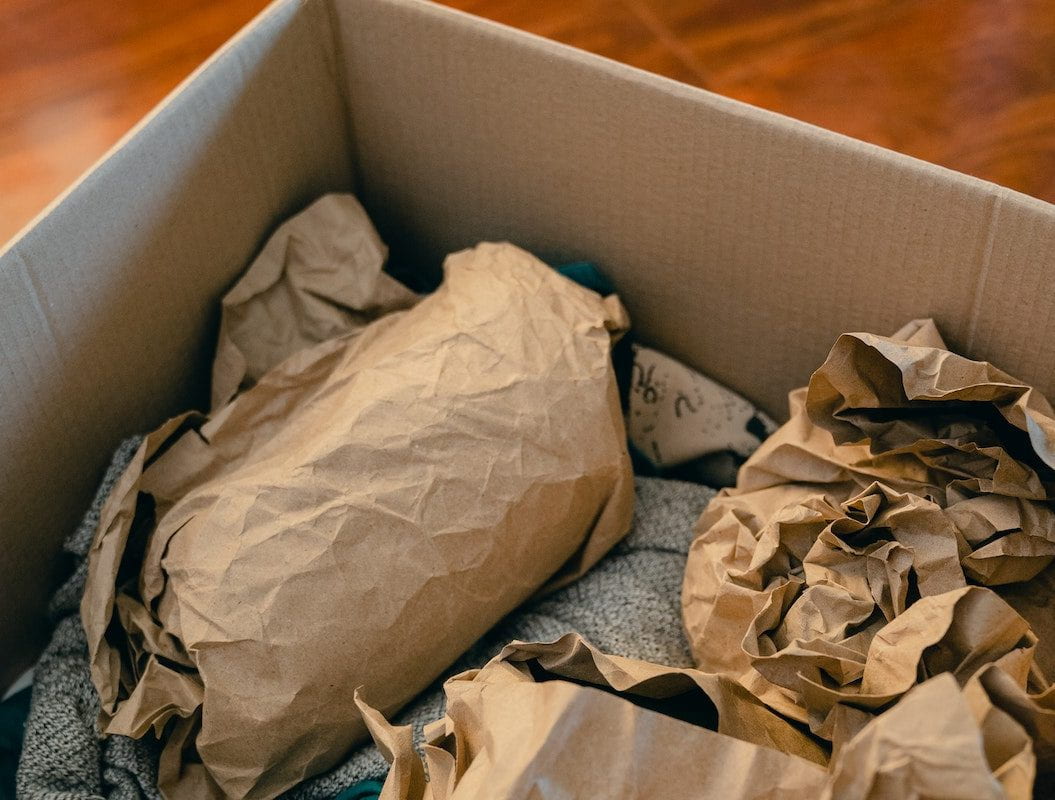Hi there! I'm Charlee, a second-year Conservation of Cultural Heritage student from Brighton. In my spare time, I enjoy reading and creating digital art.
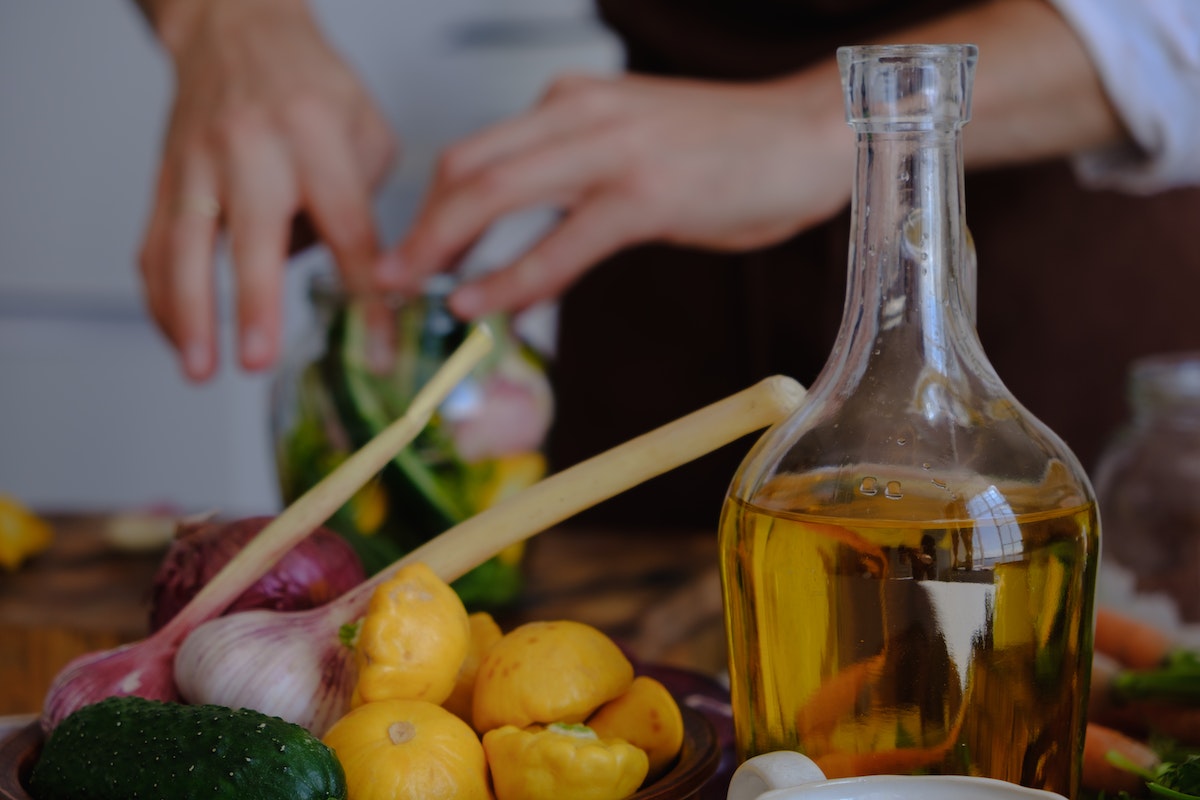
How to Season Your Food
Seasoning your food is a simple and effective way to add flavour and make your meals more enjoyable. As a…
June 12, 2023,
read.
Seasoning your food is a simple and effective way to add flavour and make your meals more enjoyable. As a student, you may not have access to a wide variety of ingredients or a fully stocked spice cabinet, but there are still several ways you can season your food to enhance its taste on a budget. Here are some tips to help you season your food effectively without breaking the bank:
Stock up on affordable basics
Invest in a few essential seasonings that are cost-effective and versatile. Salt, black pepper, garlic powder, and onion powder are staples that can be used in a wide range of dishes.
Check out my other article: The Best Herbs and Spices to keep in your House
Buy in bulk
Look for opportunities to buy herbs and spices in bulk. Many stores offer bulk bins where you can purchase smaller quantities of spices at lower prices. This way, you can get the amount you need without paying for excess packaging
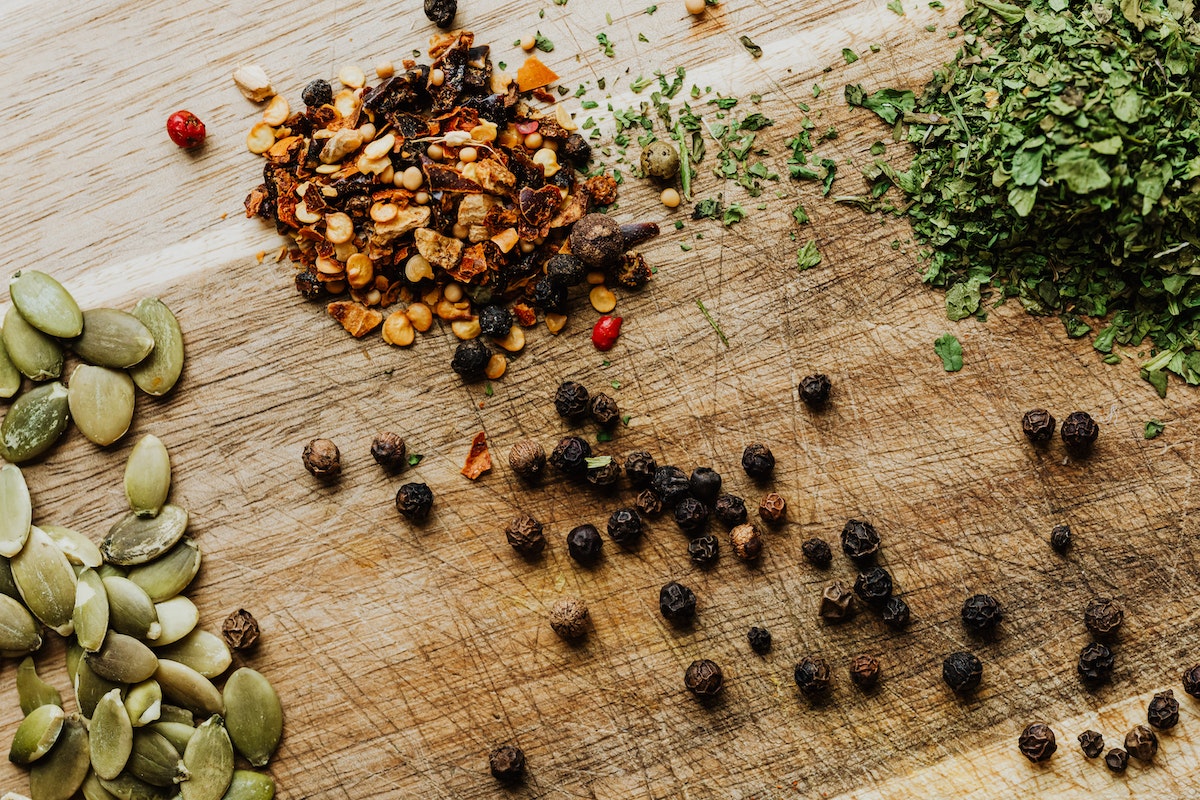
Explore ethnic markets
Ethnic markets often offer a wide variety of herbs and spices at lower prices compared to mainstream grocery stores. Visit local Asian, Hispanic, or Middle Eastern markets to find affordable options and unique flavours.
Grow your own herbs
Consider growing your own herbs in small pots or window boxes. This not only saves money but also gives you access to fresh, flavourful herbs like basil, rosemary, thyme, or mint whenever you need them.
Check out Abigail’s article: How to grow your own herbs
Make your own spice blends
Instead of buying expensive pre-packaged spice blends, create your own by combining individual herbs and spices. This allows you to customize the flavours while saving money. Popular blends like taco seasoning, curry powder, or Italian seasoning can easily be made at home.
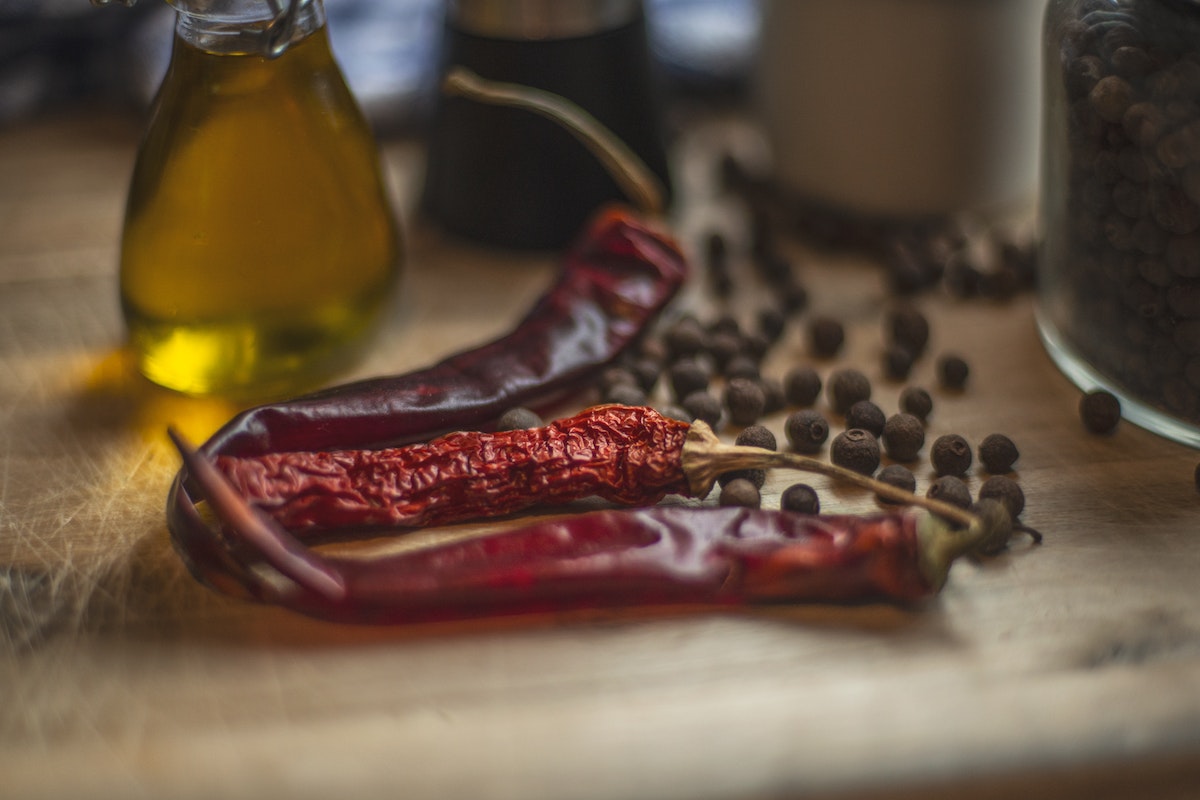
Utilize kitchen scraps
Don’t let leftover herb stems or vegetable peels go to waste. Keep them in a freezer bag and use them to make homemade vegetable broth or infuse flavours into soups and stews.
Enhance flavours with simple ingredients
Look for low-cost ingredients that can add depth and flavour to your dishes. Lemon juice, vinegar, soy sauce, mustard, or hot sauce can provide a burst of flavour without breaking your budget.
Taste as you go!
Develop your palate by tasting your food as you cook. Adjust the seasoning gradually to achieve the desired flavour. It’s easier to add more seasoning than to fix an over-seasoned dish.
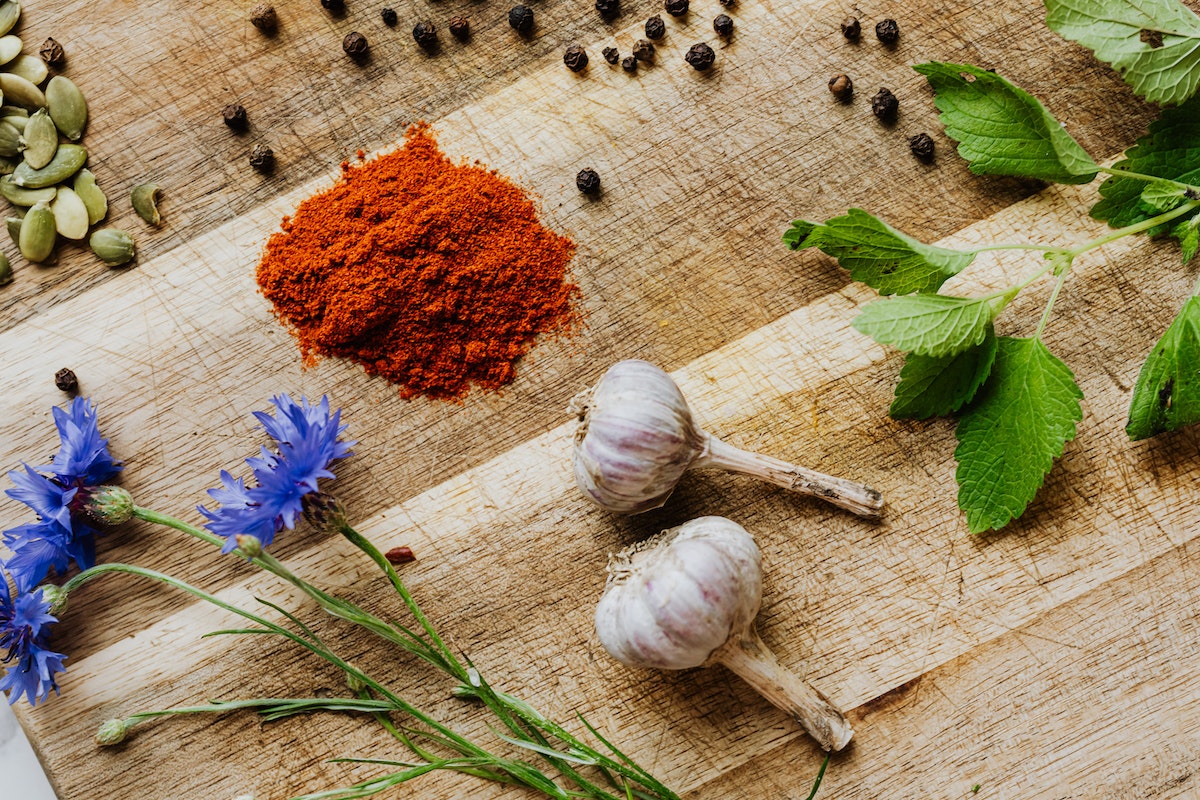
Seek out budget-friendly recipes
Explore budget-friendly recipes online or in cookbooks. These recipes often rely on inexpensive ingredients and clever seasoning techniques to maximize flavour without costing much.
Plan your meals
Planning your meals in advance helps you make the most of your seasonings and prevents unnecessary waste. Consider using leftovers from one dish to flavour another, reducing the need for additional purchases.
Don’t be afraid to experiment and adjust the flavours according to your taste. With a bit of creativity and strategic shopping, you can season your food on a student-friendly budget and still enjoy delicious, flavourful meals.
